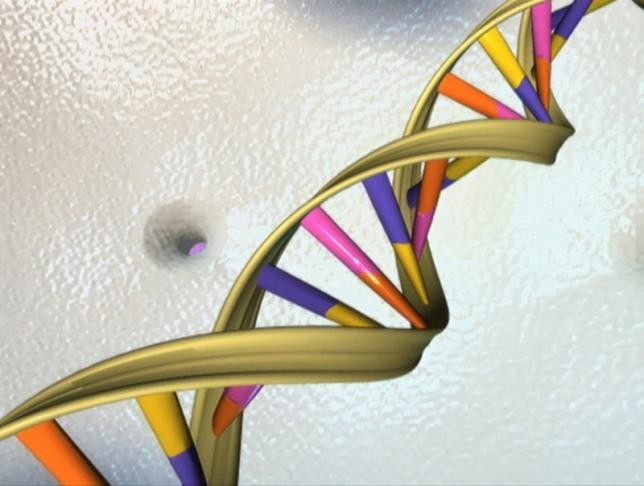Experts on the field of genetics are skeptical about the medical pursuit of gene-editing techniques on human embryo. In an international conference, experts said that practicing gene-editing on human embryo is "irresponsible" and needs more study in order to confirm its safety.
In a statement obtained by The Washington Post, the International Summit on Human Gene Editing said, "The safety issues have not yet been adequately explored." The group added that the benefits of gene-editing are still limited.
The National Academies of Sciences called a conference in order to discuss the issue regarding a revolutionary gene-editing technique called CRISPR-Cas9. This new technique of gene-editing allow scientists to alter plant and animal genes quickly and inexpensively.
The technique is relatively new since it was only developed in 2011. Using the CRISPR-Cas9, scientists are able to easily edit genes by taking advantage of how bacteria defends against viruses.
The meeting was headed by top American, British and Chinese medical and science academies. Chinese scientists were recently in the hot seat when it was discovered that they have been practicing gene-editing techniques to nonviable human embryos.
Scientists acknowledge the promising and valuable applications of gene editing and somatic cells. However, they said that they need to focus more on the risks and benefits before applying it into human embryos.
According to Engadget, scientists are starting launching a research in order to treat the dreaded Hemophilia B disease through gene-editing. Experts believe that by altering the human genes, they can be treated to be immune to certain diseases.



























